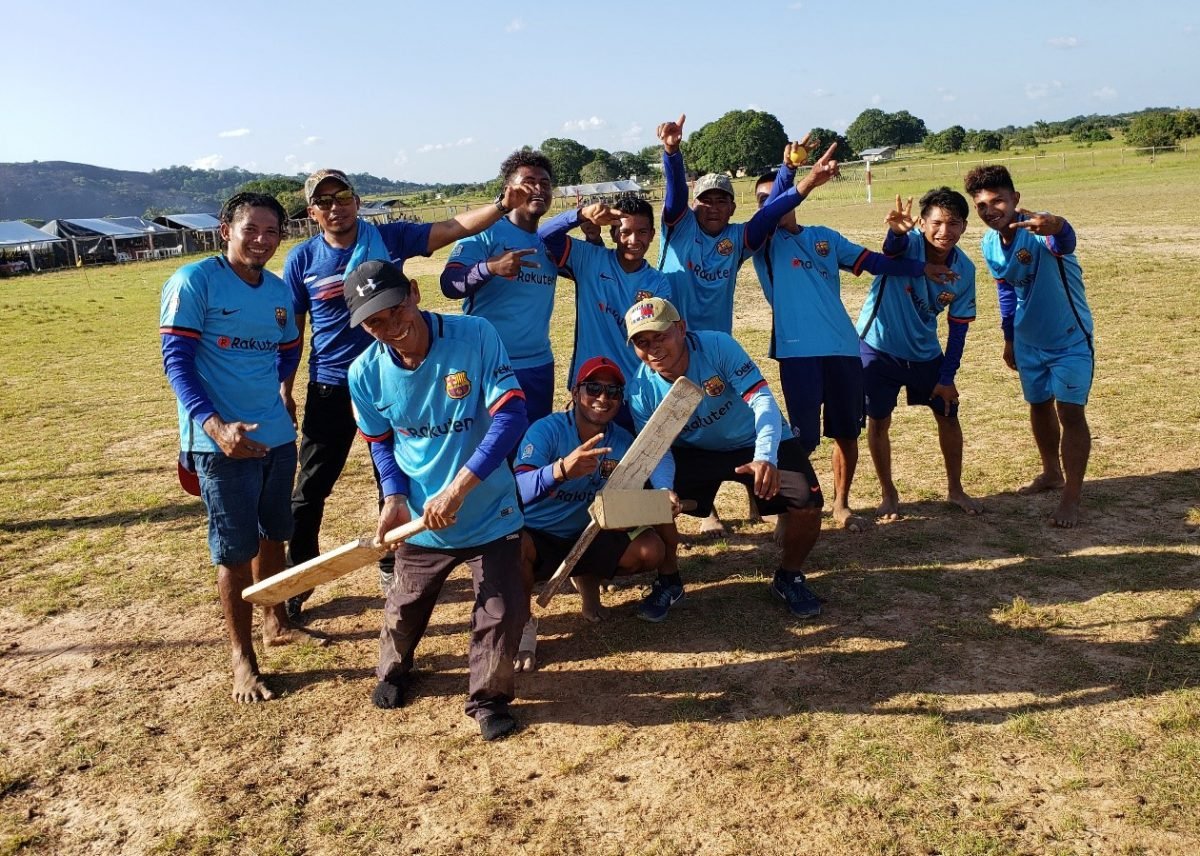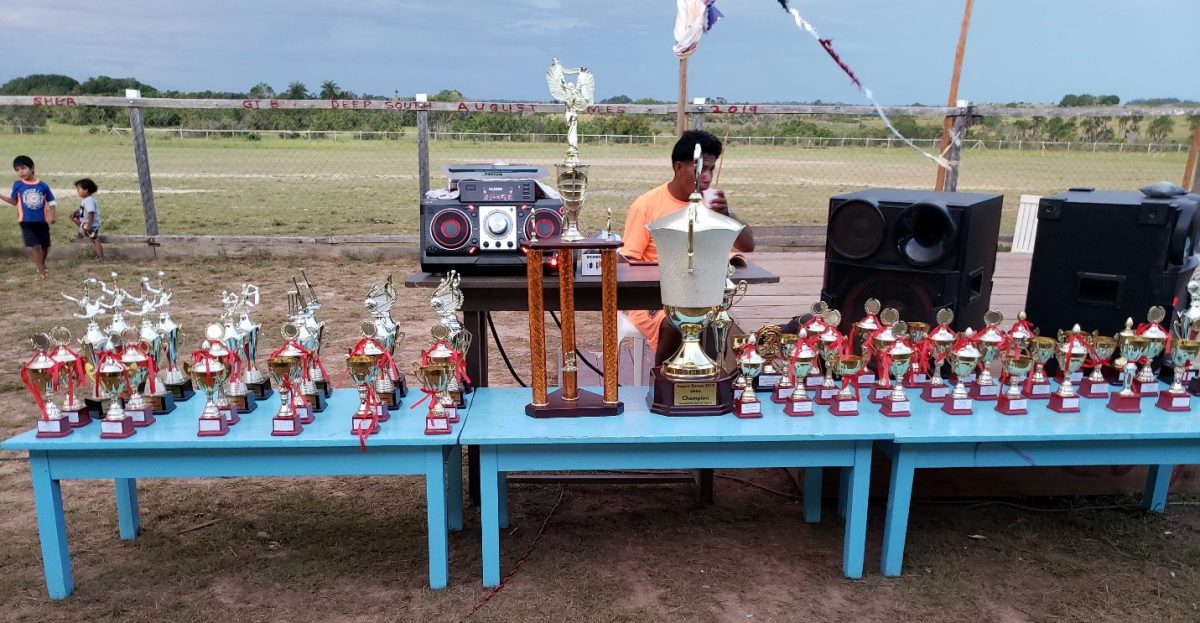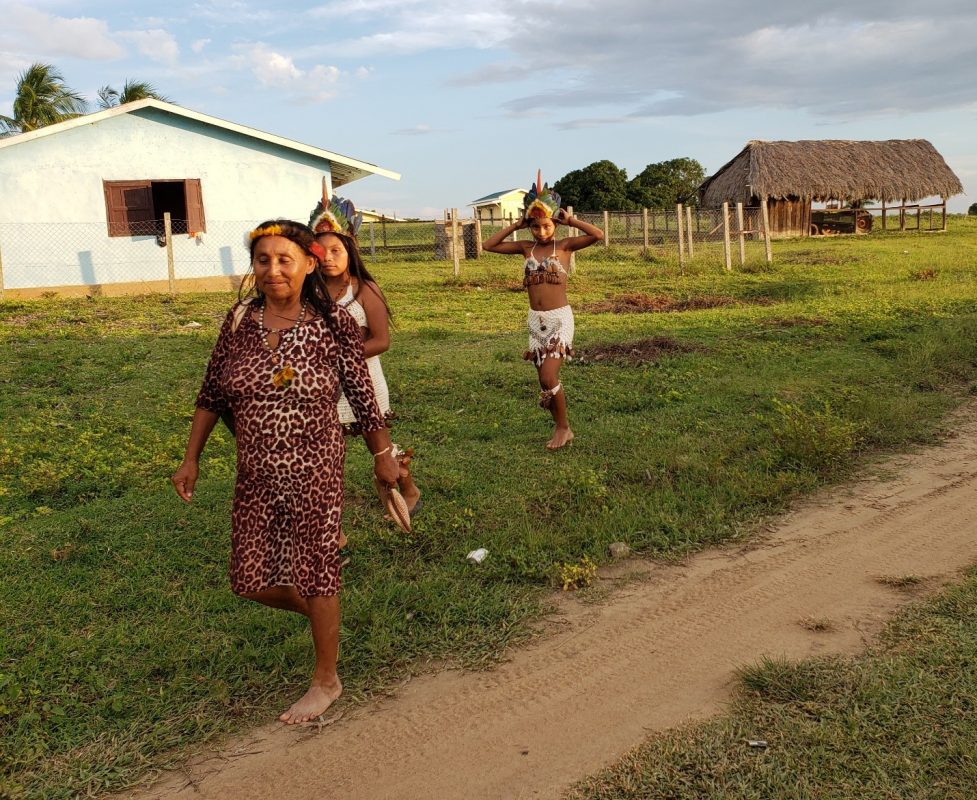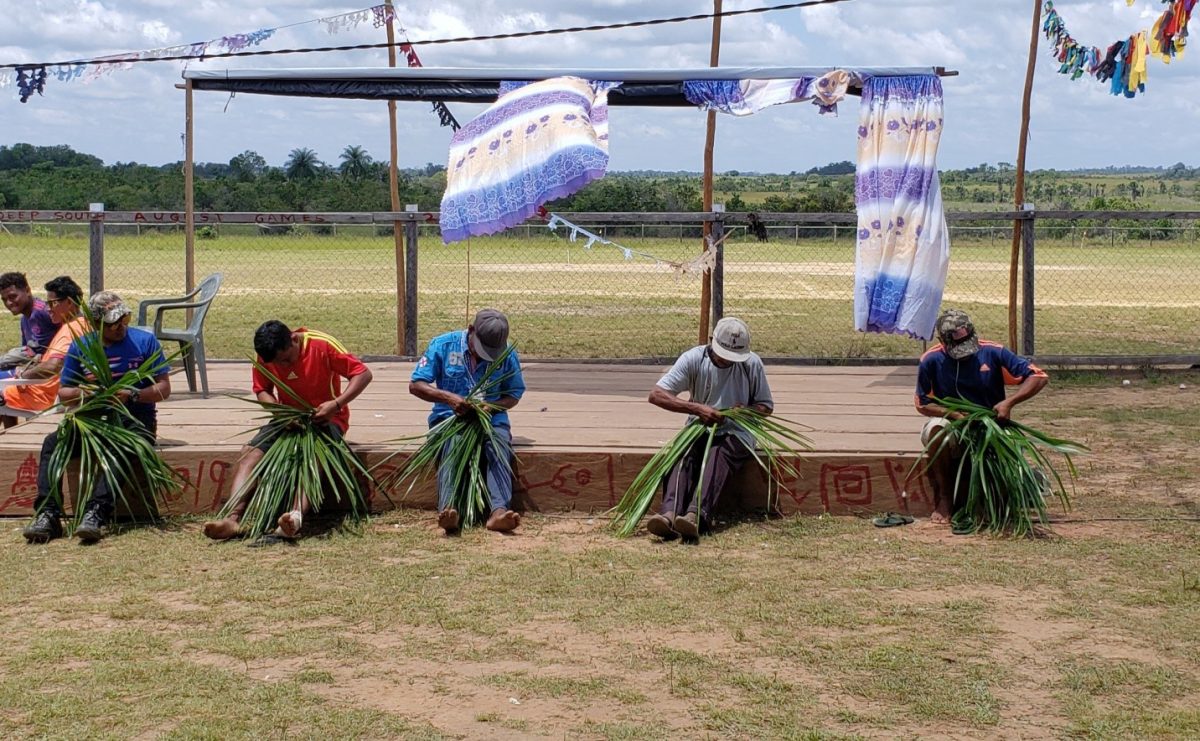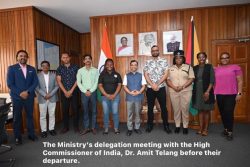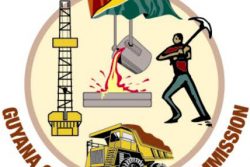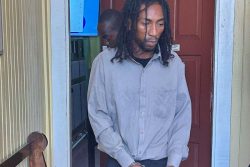Can a fire be lit using only bamboo and cotton? What sound does a kodoi make? How long does it take to make an arrow? And if you were in Shea over the past week, you had better be ready to answer the question: Na’ikim puwa’atin?
The answer, for me, was: Georgetown iki.
The answers to the other questions and more were to be found and experienced in Shea last week as the six villages of the Deep South Rupununi gathered there for their annual ‘August Games’ – now in its 23rd year. To ensure that cultural practices are not forgotten, every year, the six villages, populated mainly by indigenous peoples of the Wapichan nation, gather to compete in various traditional activities such as cotton spinning, arrow making, fire lighting, dancing, along with sporting activities. The games kicked off on August 18th in Shea, the northernmost of the Deep South indigenous villages.
For the Wapichan people, the cultural activities are necessary.
“With all this modernisation going on, we don’t want our youths to forget how to spin cotton or make baskets or our way of life long ago,” said Vitalis Alfred, the toshao or chief of Awarewaunau village. He said that he was saddened by the fact that youths of the Rupununi can no longer make hammocks or hunt. However, the August Games motivates them to get involved in the traditional activities which is how some now have the skills to do those activities, he added.
Ivor Mcberney, the deputy toshao of Shea, echoed Alfred’s sentiments. “I’m so glad to know that a lot of youths will be participating because our culture is fading away,” he said. He revealed that for Shea, preparing for the week-long event was very challenging as it is the smallest village out of the six. While initially there was lack of cooperation, everything came together and the August Games was successfully concluded and without incident.
A resident of Maruranau said that he is glad that cultural activities are part of the event because it keeps the Wapichan culture and traditions alive. He said that while he didn’t participate in this year’s games, he attended to interact with people from other villages. “I think this is something everyone looks forward to and with the cultural activities, it is like a preparation for [Amerindian Heritage Month], which is also something we enjoy immensely,” he said.
Alesia of Karaudarnau village revealed that when she attends the games, it’s usually for the final two days because she is mostly interested in the cultural activities. She is currently contemplating forming her own cultural group.
Aishalton village chief Michael Thomas said that in recent years, the participation of youths in the cultural activities have declined and he was surprised and happy to see a mixture of youths and older people participating in the activities this year. “We need to keep our culture alive,” he emphasised.
Kudoi
As is traditional, the games started with the road race, which, this year, was won by Adam Francis and Rosie Ritchie, both from Maruranau, in the male and female categories respectively.
For cotton spinning, Yvonne Antone of Shea and Orrice Sandwell of Aishalton copped first place in the male and female categories. Fred Campion and Nora Opie, both of Shea, took the top spots for basket weaving while Valerie Atkinson of Shea and Eustace Martin of Aishalton were named the winners of the archery competition. The various activities are usually divided into male and female categories.
Elvin Williams of Maruranau copped the first prize for arrow making while the judges of the pepperpot competition were impressed by Yvonne Antone and declared hers, the best pepperpot. Benjamin (only name given) from Parabara was the best coconut tree climber while Richard Caitan gave the best imitation of various animals. Caitan could have made known to you what a kudoi (bush cow or tapir) sounded like.
It is possible to light a fire using only bamboo and cotton and Robert, Edward and Elvin from Maruranau were no doubt the winners as they ignited their first flames in less than five minutes. Timothy Aguilar of Aishalton and Esther Pernamboco from Shea were the winners of the parakari drinking competitions. For cassava grating, Gladwin Williams and Yvonne Antone of Shea were the fastest. All participants were given equal amounts of cassava which they had to grate using traditional graters. The first to finish was declared the winner.
Nigel Marco of Maruranau, meantime, was the winner of the Wapichan language competition.
Meanwhile, emerging victorious this year after being beaten brutally at last year’s final was the Karaudarnau men’s cricket team. Like last year, they played the finals against Shea. According to team captain Elvis Thompson, the squad used their loss last year as motivation and their win came as no surprise although they got off to a rocky start. Further, he said, Karaudarnau is known for their cricket especially since most people in the Rupununi tend to place focus on football.
His teammate and the selected spokesperson for the team said that the win was a team effort because their practice sessions never went as planned. Regardless, they did some last minute practice which proved vital in the finals.
The women’s cricket team from Shea also emerged victorious in their category while the Awarewaunau females and Shea males won the two volleyball finals. The Awarewaunau men and women’s football teams won their respective finals against the Aishalton and Karaudarnau teams respectively.
All the teams were enthusiastic and thrilled about winning.
The games saw visitors from areas outside the Rupununi. Intent on making the event attract the attention it deserves, an optician from Eye Optical, Osmond Billy Mac, invited a few friends from Canada and Georgetown. Mac grew up in Shea and has been a constant sponsor of the annual activities.
To make this event memorable, he and Junior Isaacs of Lethem did bike stunts on the famous Shea rock, which rises high off the savannah. Initially, he had planned to bring a group of ten bikers to do the stunts but as time went by, most of the riders revealed that they could not make it. Mac was accompanied by Eddie (only name given) and Keith and Ethan Fernandes from Canada.
The August Games have an august history. More than 20 years ago, after the school year ended, the lives of the residents of Karaudarnau, Shea, Maruranau, Awarewaunau, Aishalton and Achiwib rotated around farming until schools reopened in September. However, a number of village leaders decided to change that norm.
In 1996, the first August Games was held in Maruranau. It was so successful that the leaders decided to host it again the following year but in a different village.
The tradition of rotating the host village every year continues. This year, the task fell to Shea, widely known for the huge ‘Shea Rock’ that towers over the savannah. Shea was the overall winner of the competitions at the August Games last year, the first time it took that prize.
Preparations for the event usually begin in April when the host village starts to make sure that accommodation for teams consisting of more than a hundred persons each, are available. They also make sure that the sports field and seating arrangements, along with technical equipment, are in order.
For many like Caitan, apart from the various activities, it is a chance for socialization and sometimes, visiting the other villages for the first time. The annual event gives him something to look forward to during the year, he said.
This year’s event concluded on Saturday. Aishalton will be the host of next year’s August Games.
Atii ba’oran dono – Until next time.
(The English translation for the headline which is written in Wapichan is: Are you visiting? Yes, I’m visiting.)
